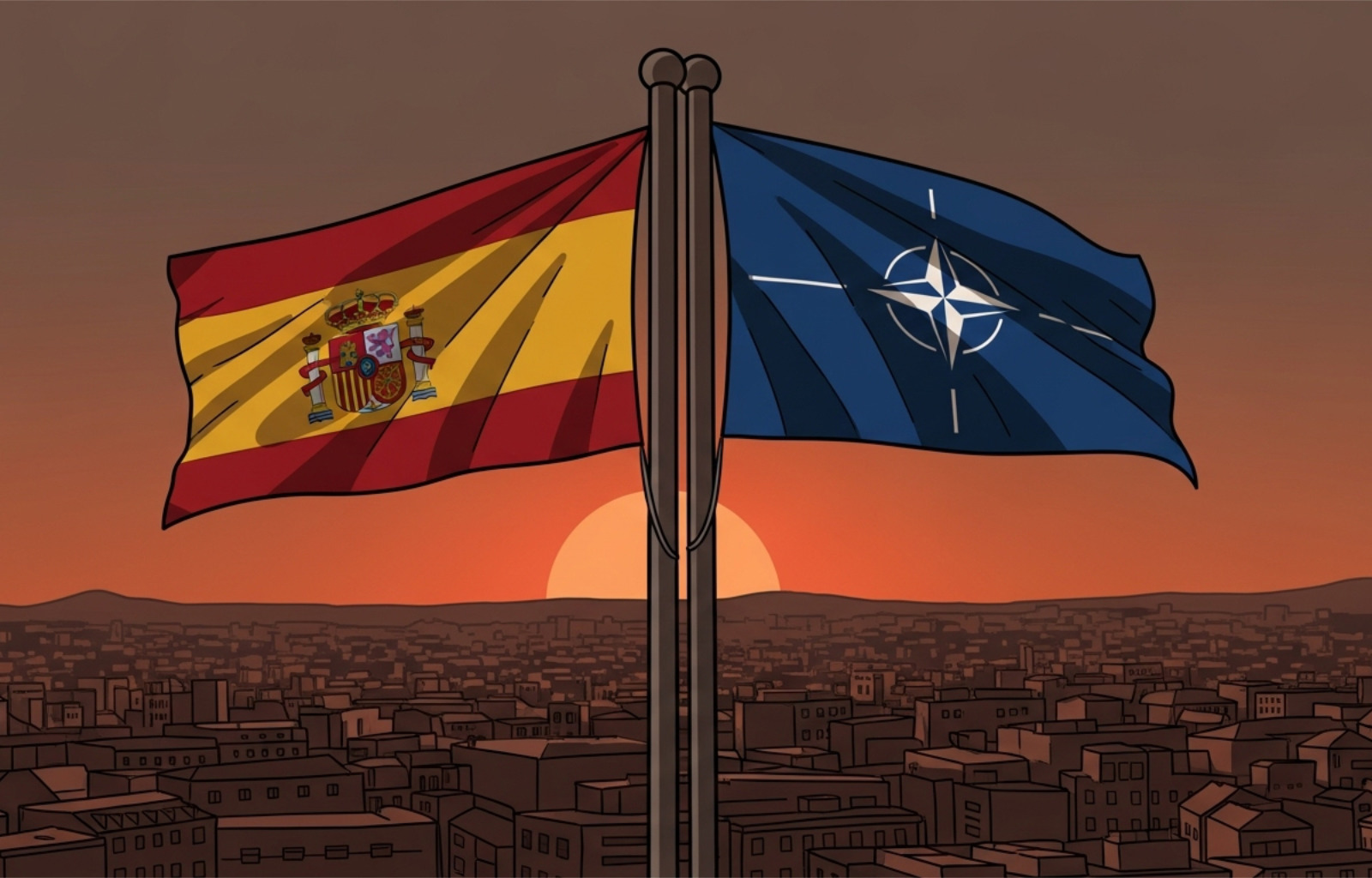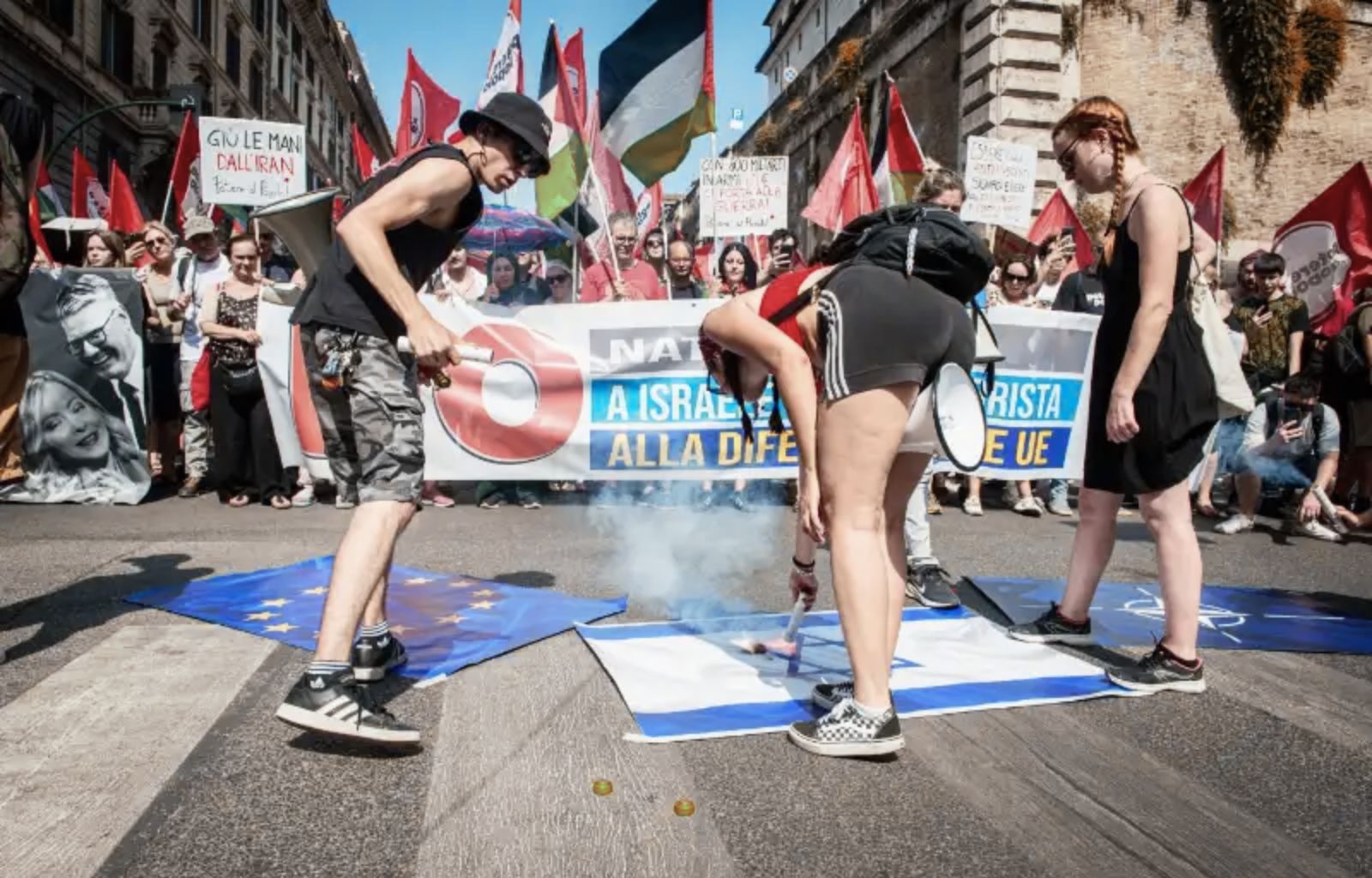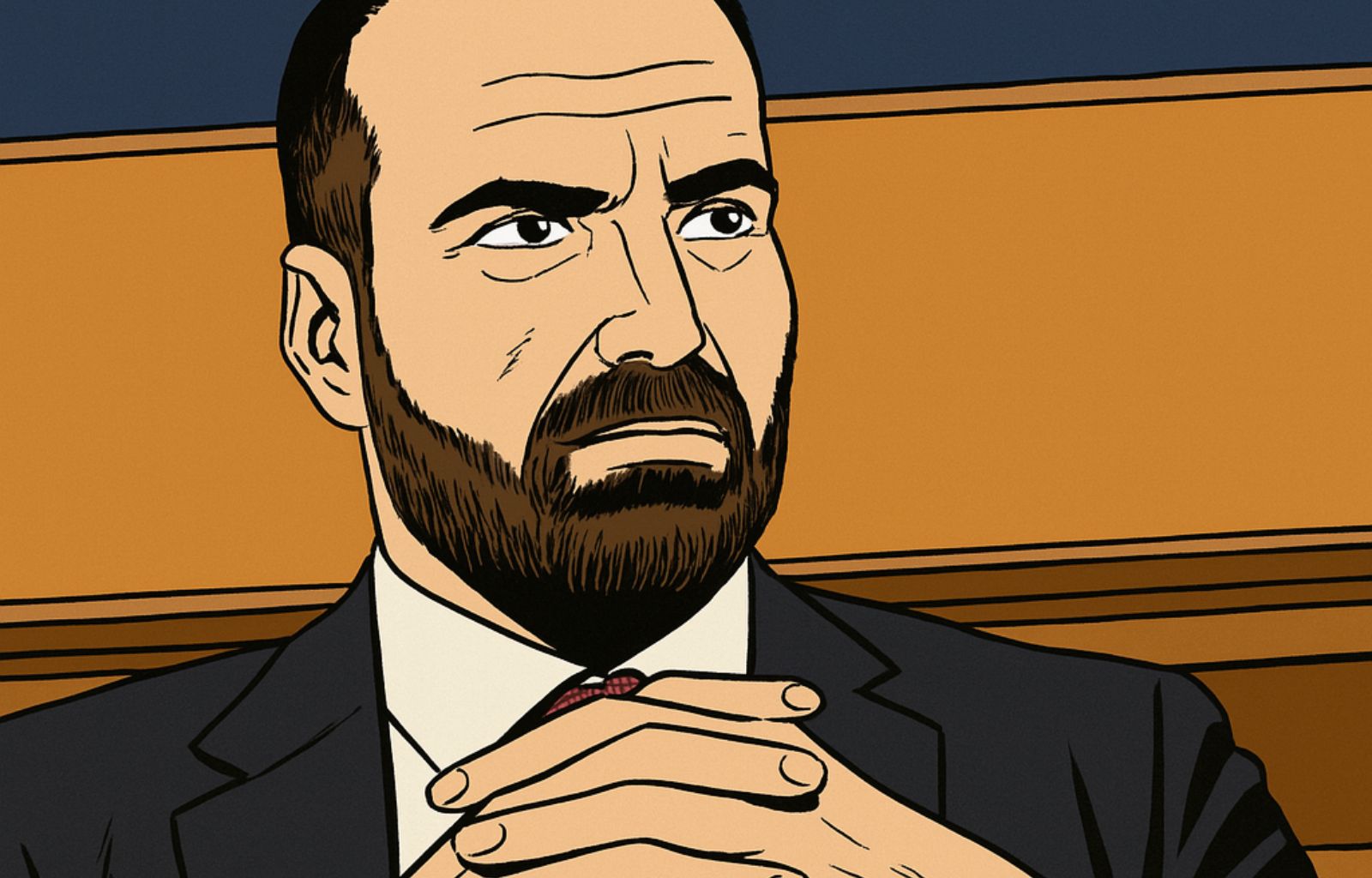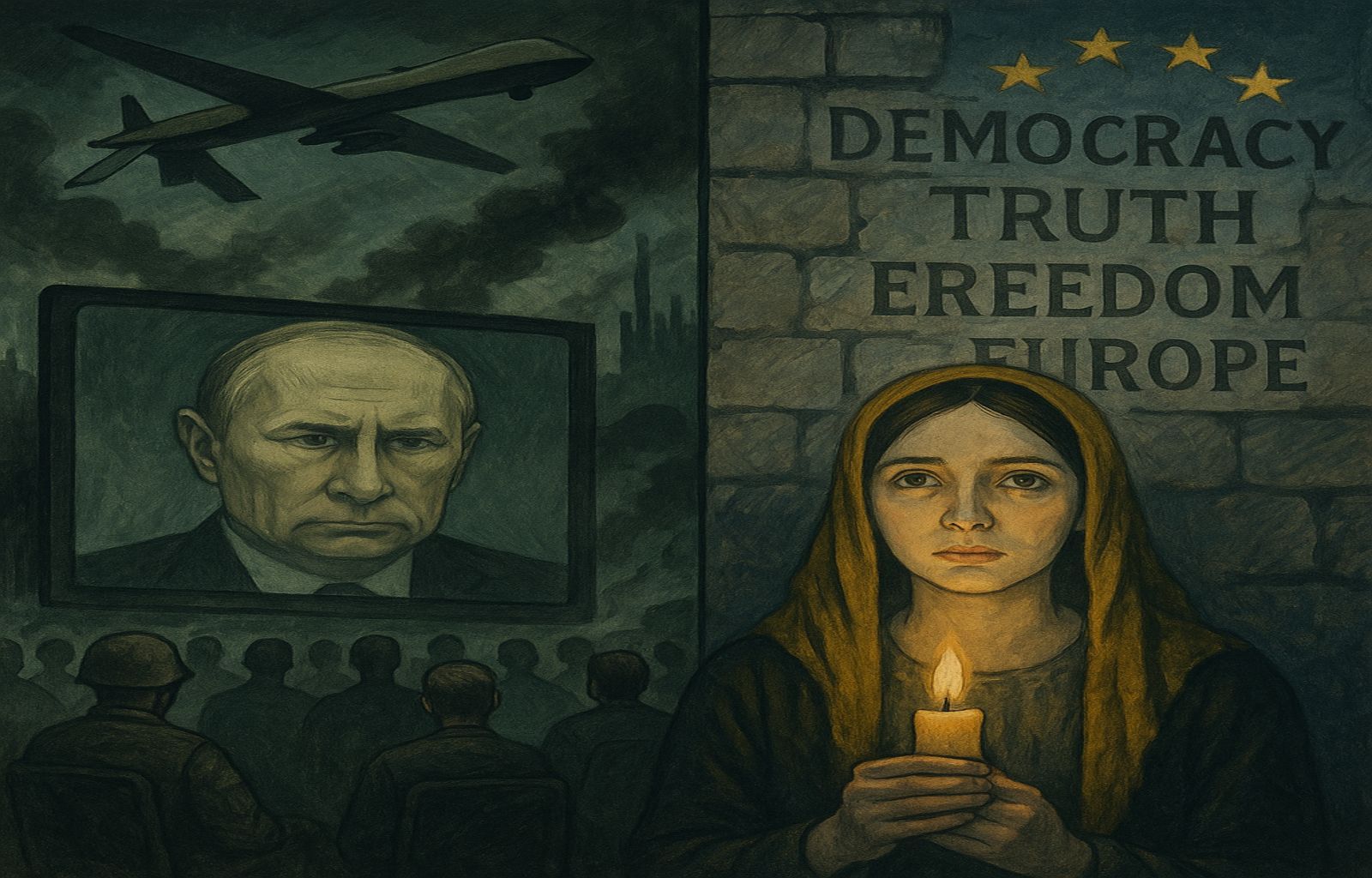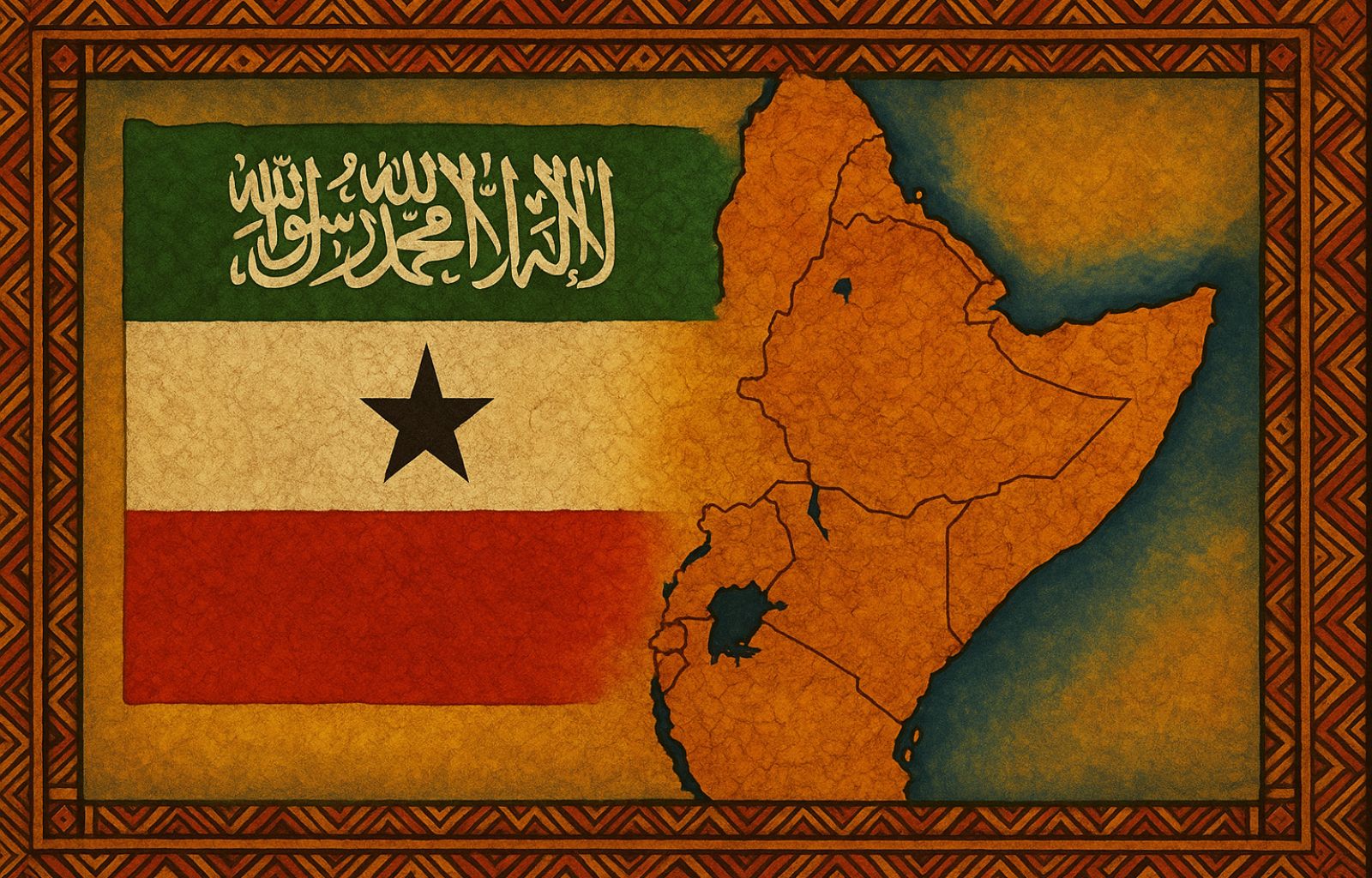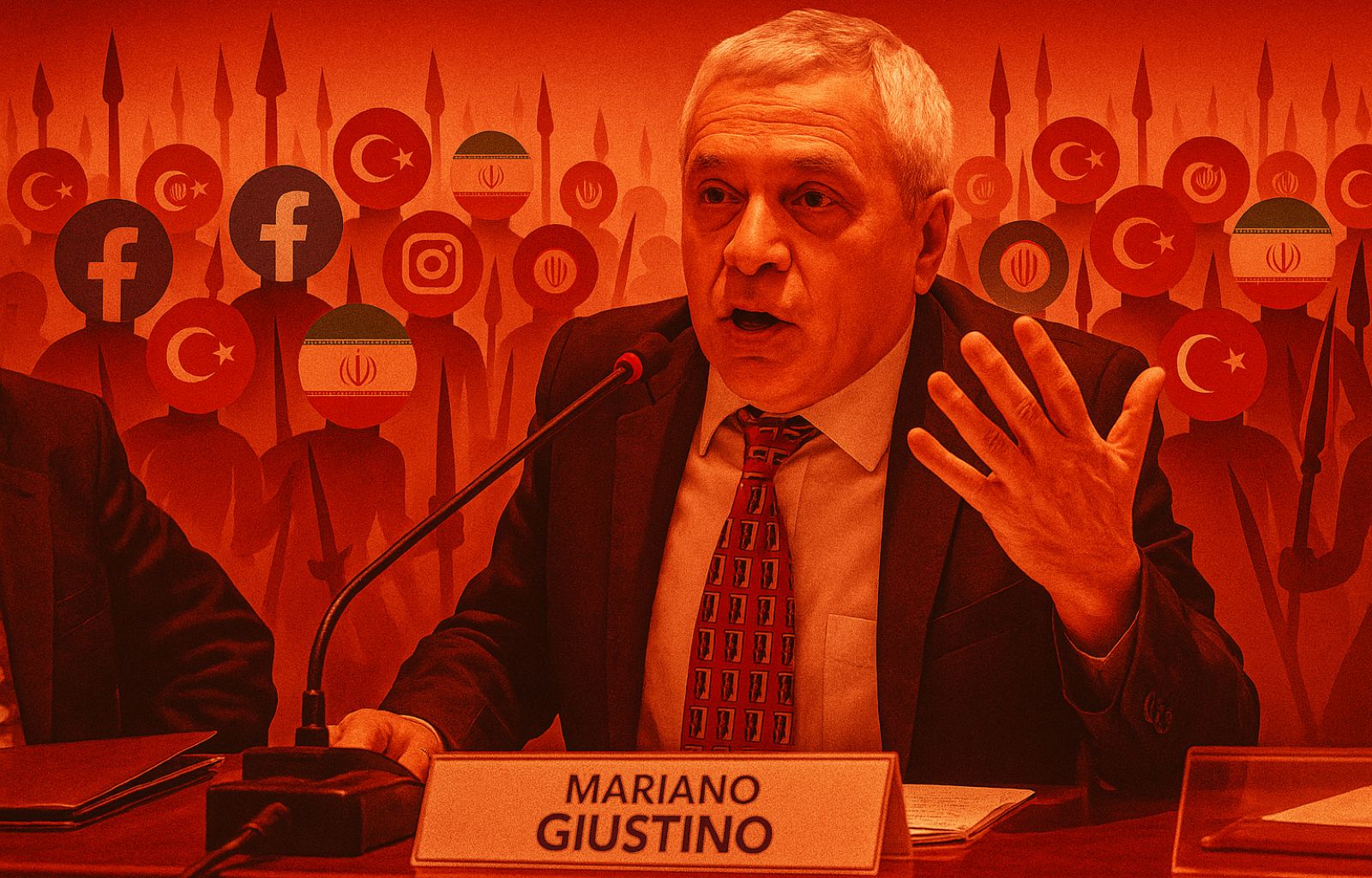The pro-European centre wins in Ireland: pragmatism works
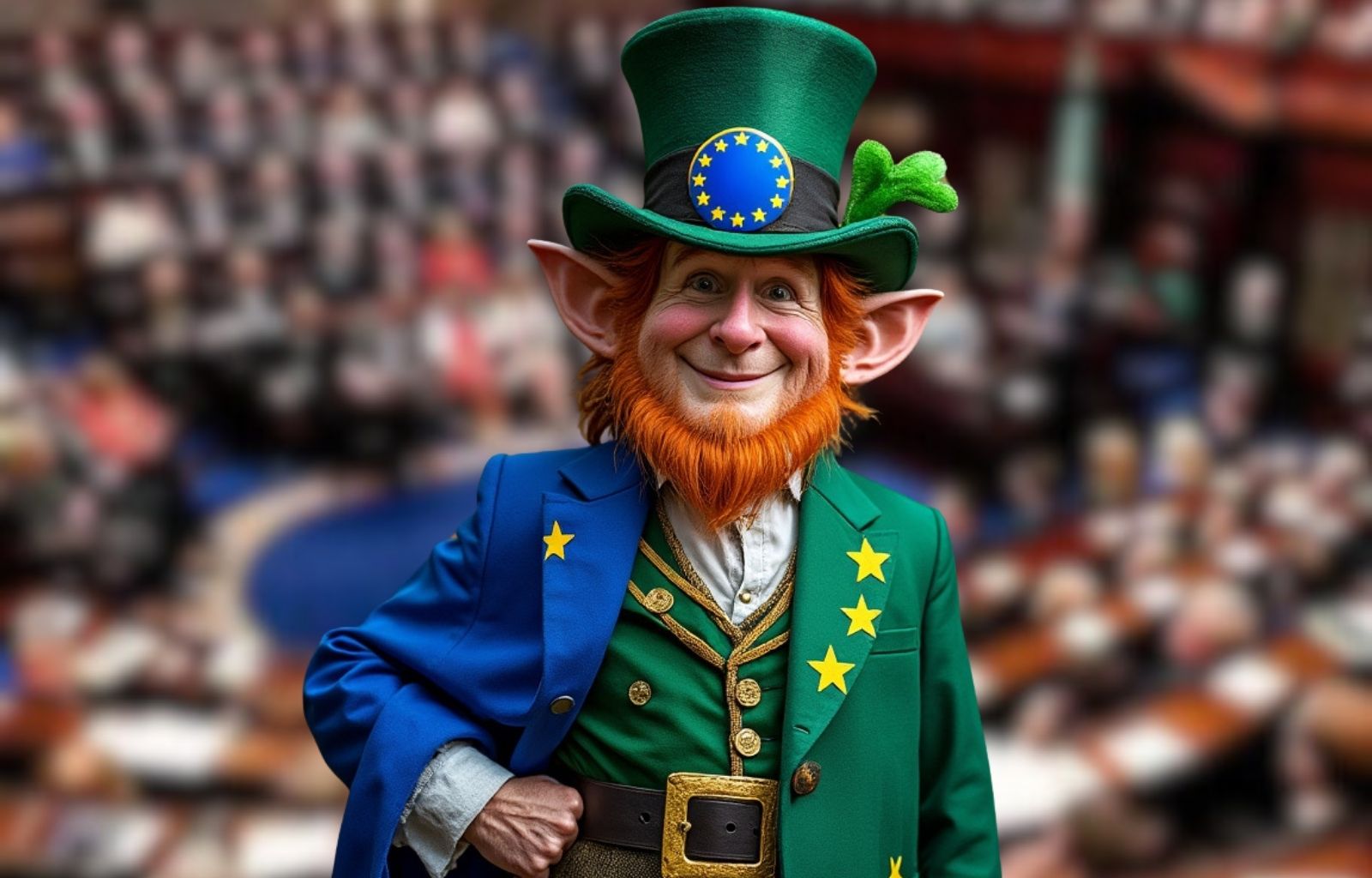
Ireland reappointed the outgoing coalition, proving that governing and winning elections without populism and anti-Europeanism is still possible. Unlike many other countries, voters chose not to punish incumbent rulers during the era of COVID-19 and high inflation. The election campaign was dominated by the question of how to reconcile sound public finances with voters’ concerns about the cost of living, housing and health services. In essence, the government asked voters to trust its line in managing public finances, while the predominantly left-wing opposition aimed at a significant increase in public spending.
The governing parties – Fianna Fáil and Fine Gael – have, in practice, taken the leading role away from the left-wing parties. Voters were asked to choose between the parties based on the proposed benefits package. The manifesto of the main opposition force, Sinn Féin, included promises such as raising the minimum wage and abolishing property tax. Fianna Fáil more pragmatically offered a more limited but concrete set of measures: tax cuts, an increase in the state pension and free medical check-ups for all children under the age of twelve.
In addition to their tax reduction promises, Fine Gael proposed the abolition of fees for higher education students and the creation of a savings account for newborns, with a minimum state contribution of EUR 1,000.
Election results
The Irish thus rewarded the pragmatism of the progressive and pro-European centre represented by Fianna Fáil (member party of Renew Europe, such as Azione, Più Europa and Italia Viva), with 22% of the vote. The centrist party significantly increased its seats in the House and its leader Micheál Martin will be elected Taoiseach (Prime Minister) at the end of December or January.
This week negotiations will begin between Fianna Fáil (Renew), Fine Gael (EPP) and other parties or independents to form a new government.
A rare election in Europe
Other salient points that make the Irish election a rare episode in a Europe that increasingly relies on extremist and sovereignist parties, mostly right-wing, sometimes left-wing:
First of all, the vibrancy of the centrist and liberal forces. In addition to Fianna Fáil, the second Irish party member of Renew Europe, Independent Ireland, also increased its seats from three to four.
The moderate centre-left, represented by the Labour Party and the Social Democrats, performed well, increasing their seats from 12 to 22. While the populist left, represented by Sinn Féin and PBP-Solidarity, gained nothing, keeping the 42 seats it had.
Fine Gael (a member of the European People’s Party like Forza Italia), maintained its position and gained three more seats, reaching 38 seats. While the big loser was the extreme right, which did not elect any MPs to the Irish Parliament.
The Greens, as is also the case at the European level, are the big losers in the electoral competition, dropping from 12 to just one seat, a demonstration that ultra-ideological, unpragmatic ecology is definitely out of fashion in times of post-inflationary crisis.
A lesson from Brexit
Ireland, as a frontline spectator to Brexit, seems to have learned its lesson: the EU is far from perfect, but out of it you sink.

